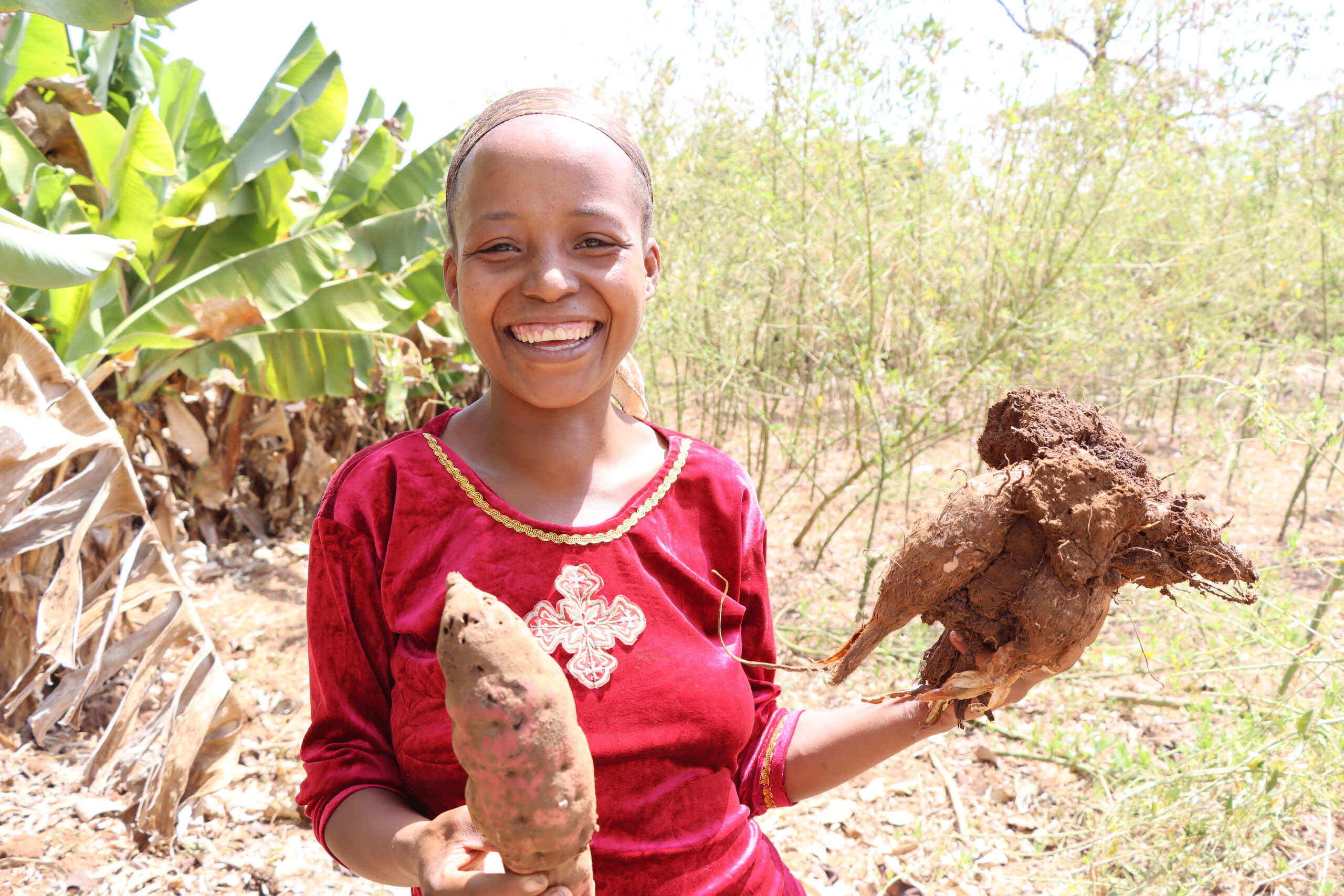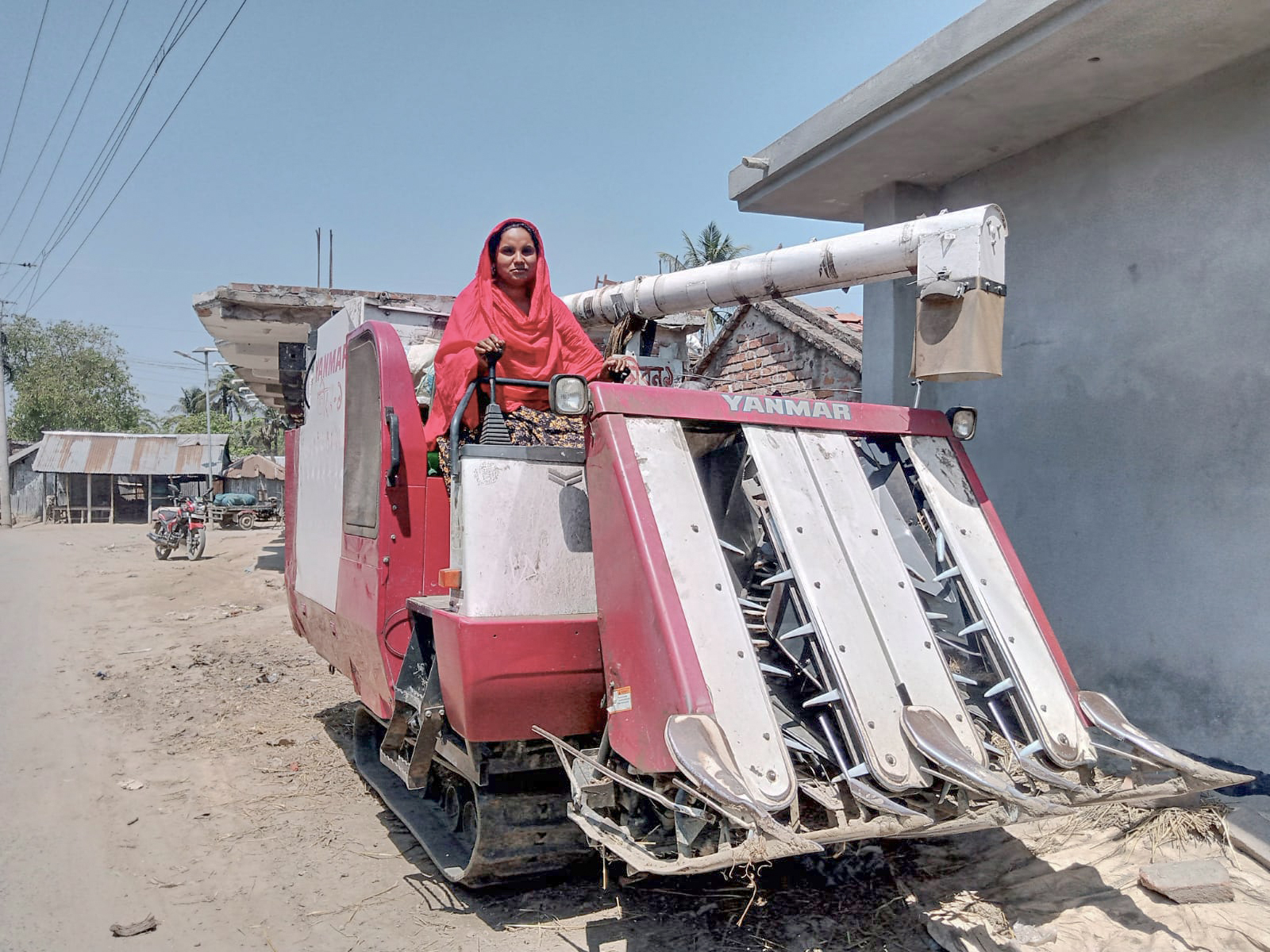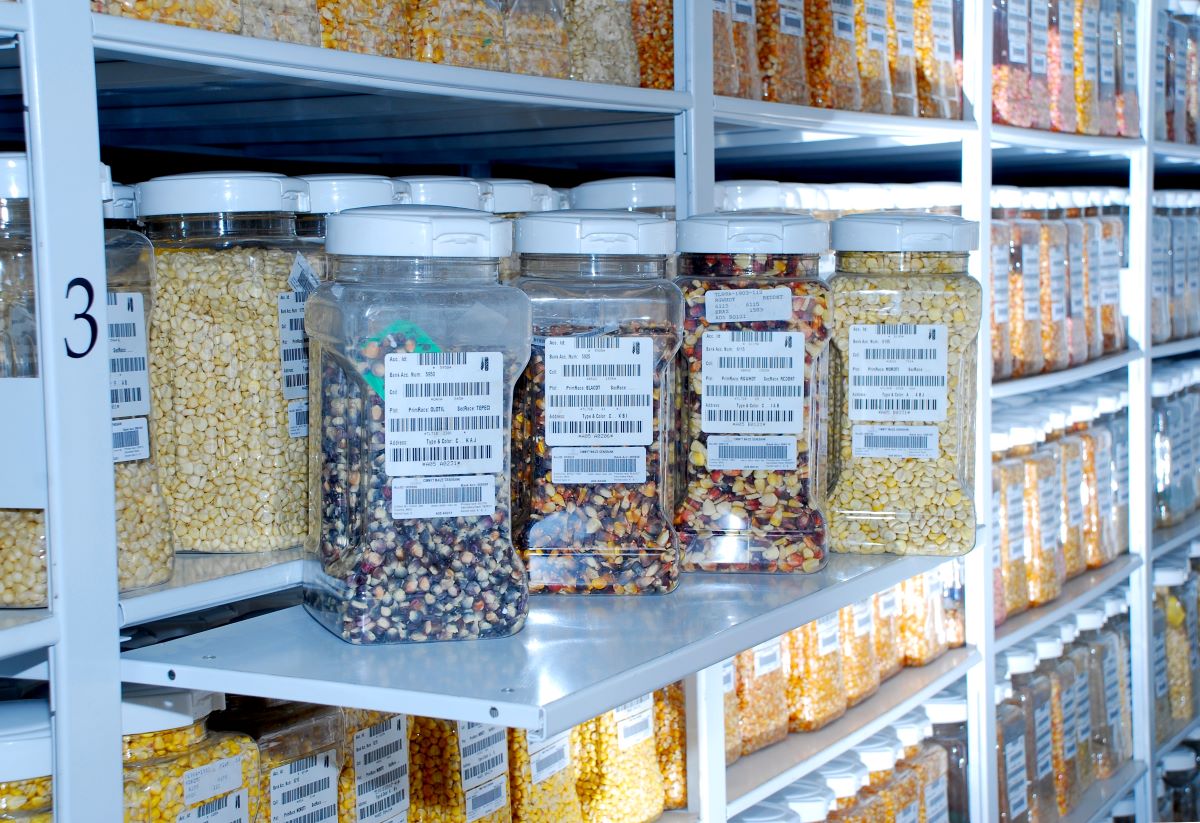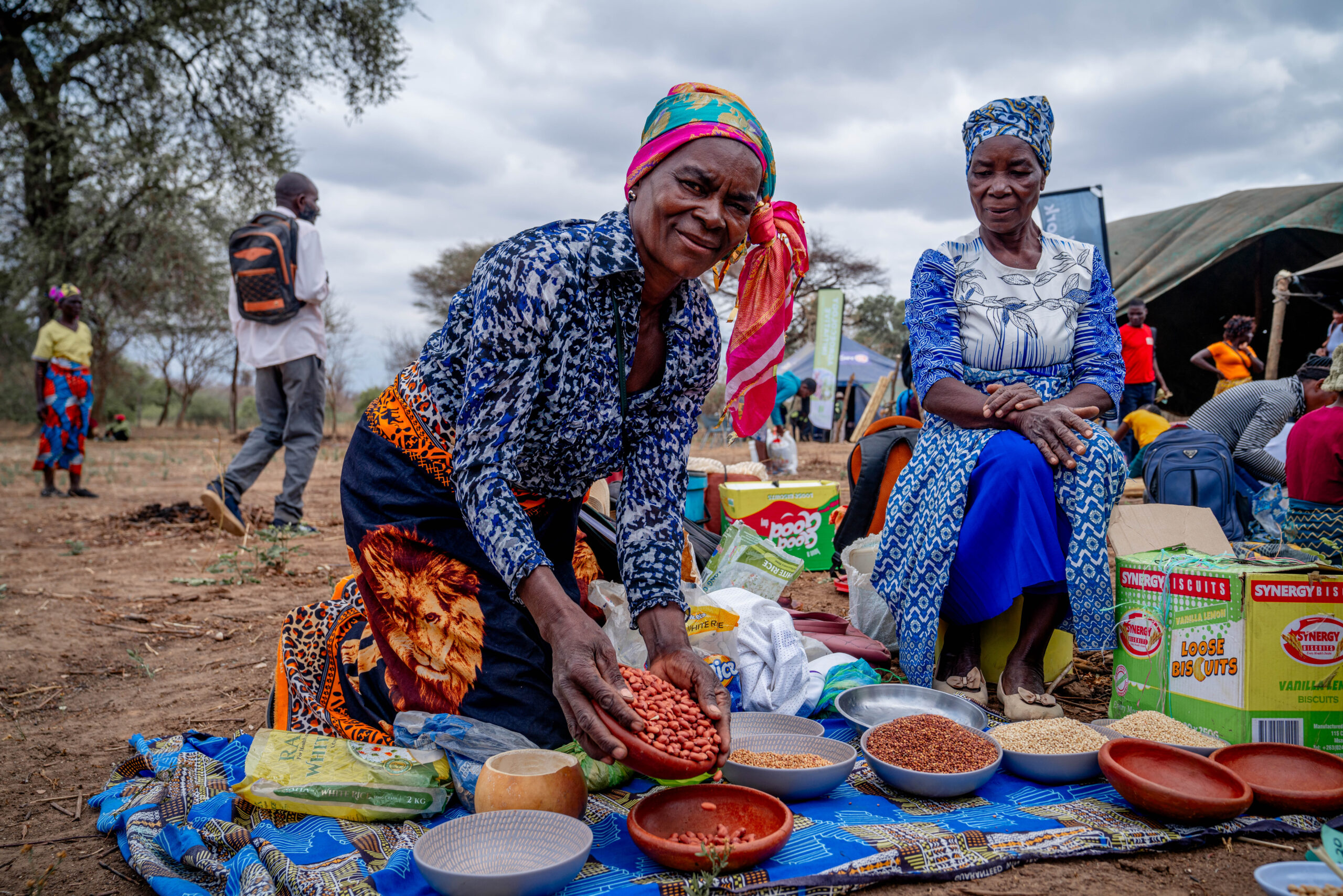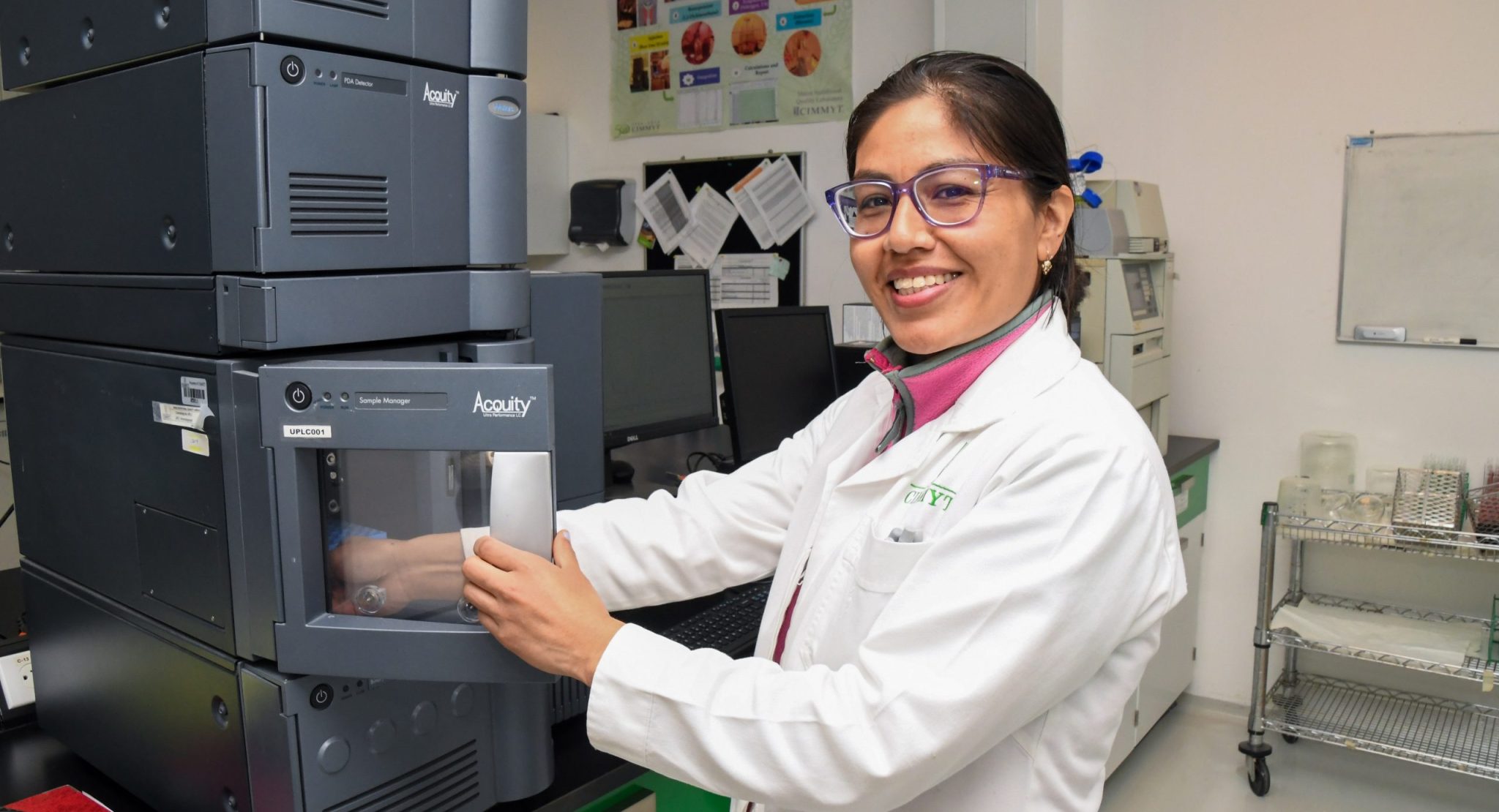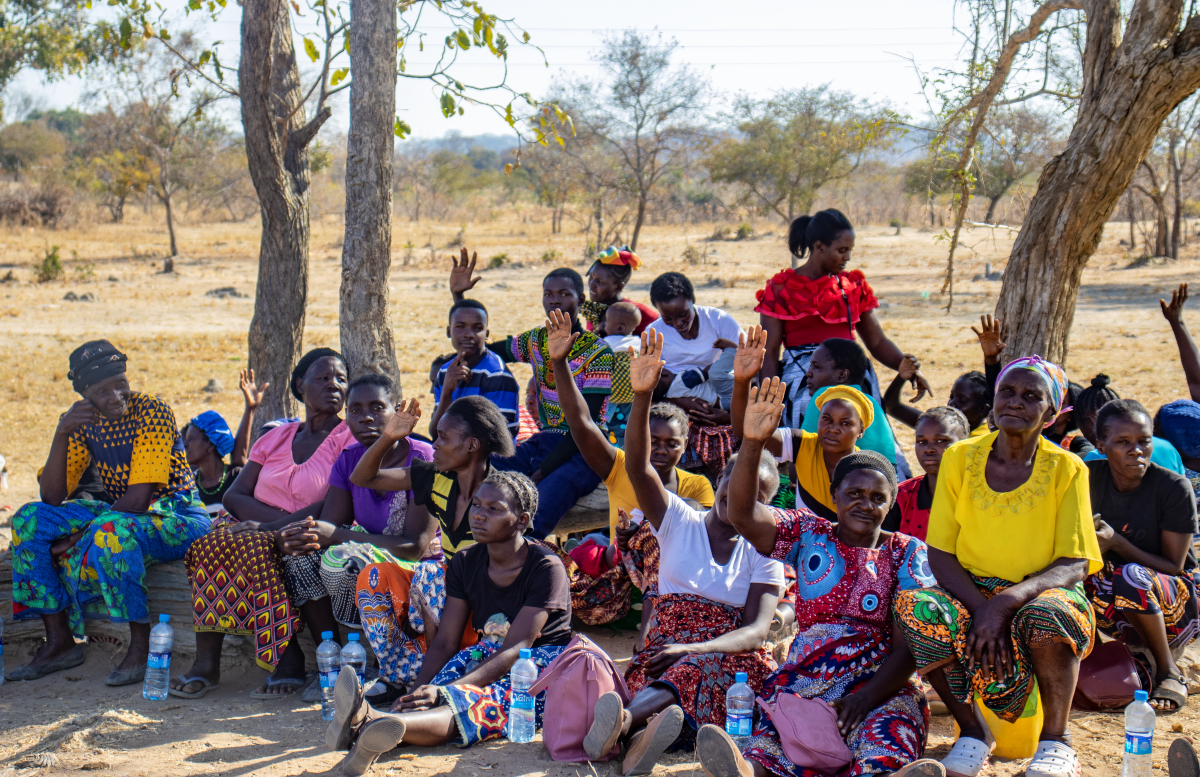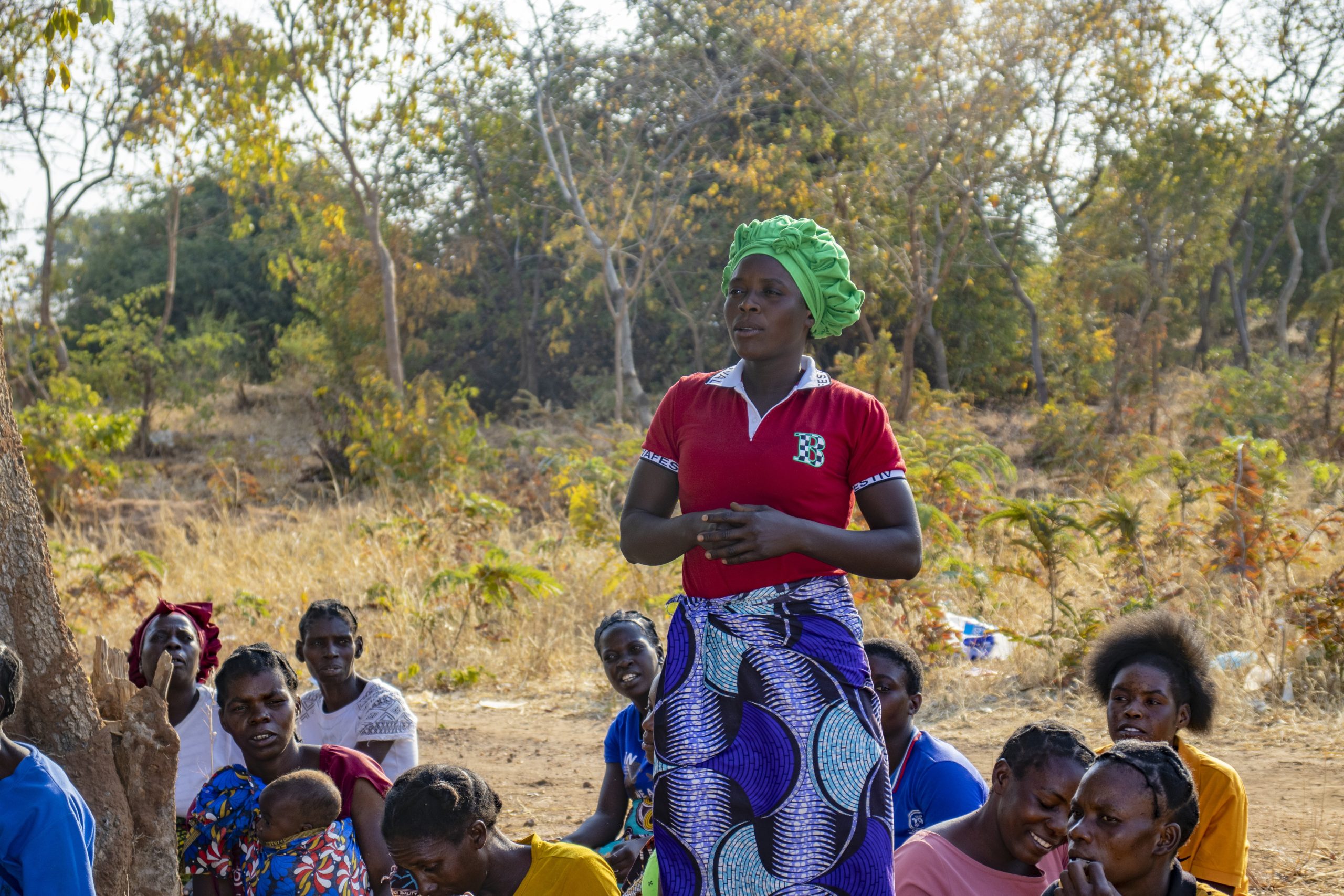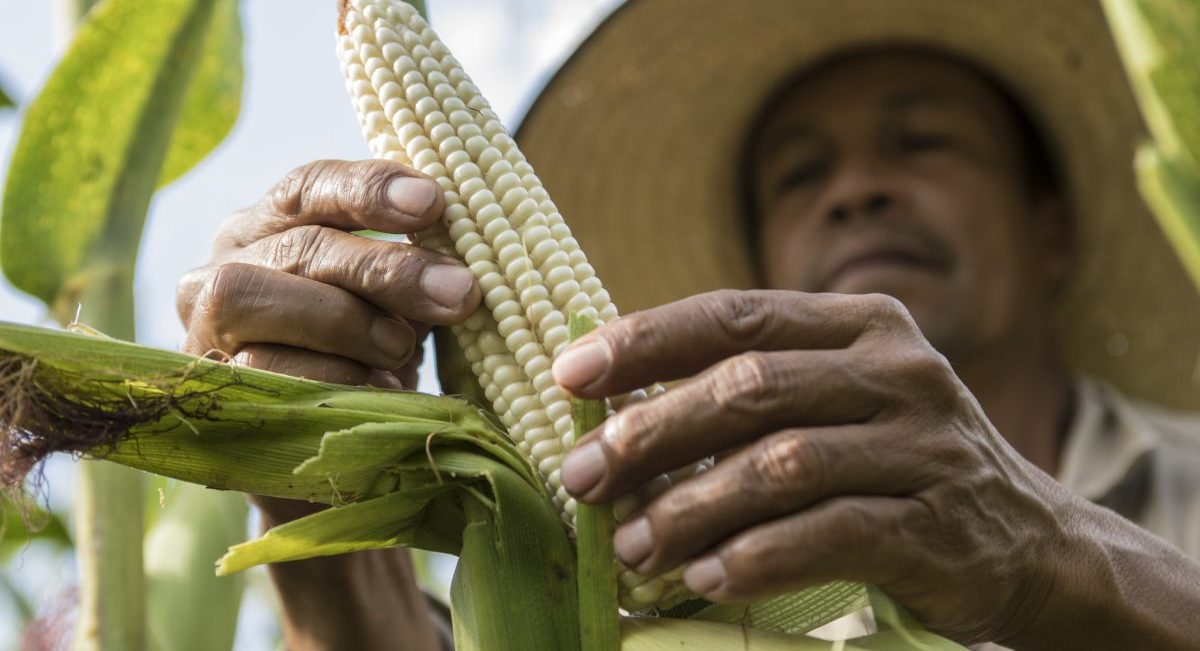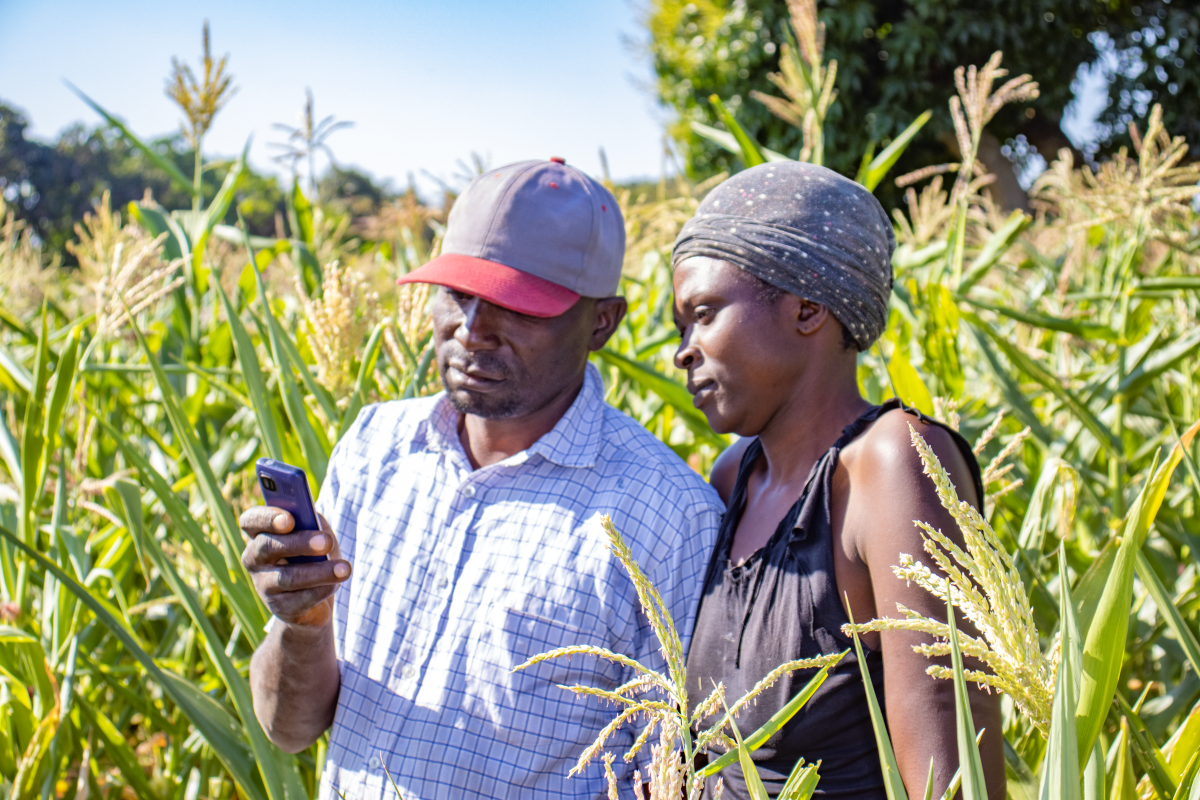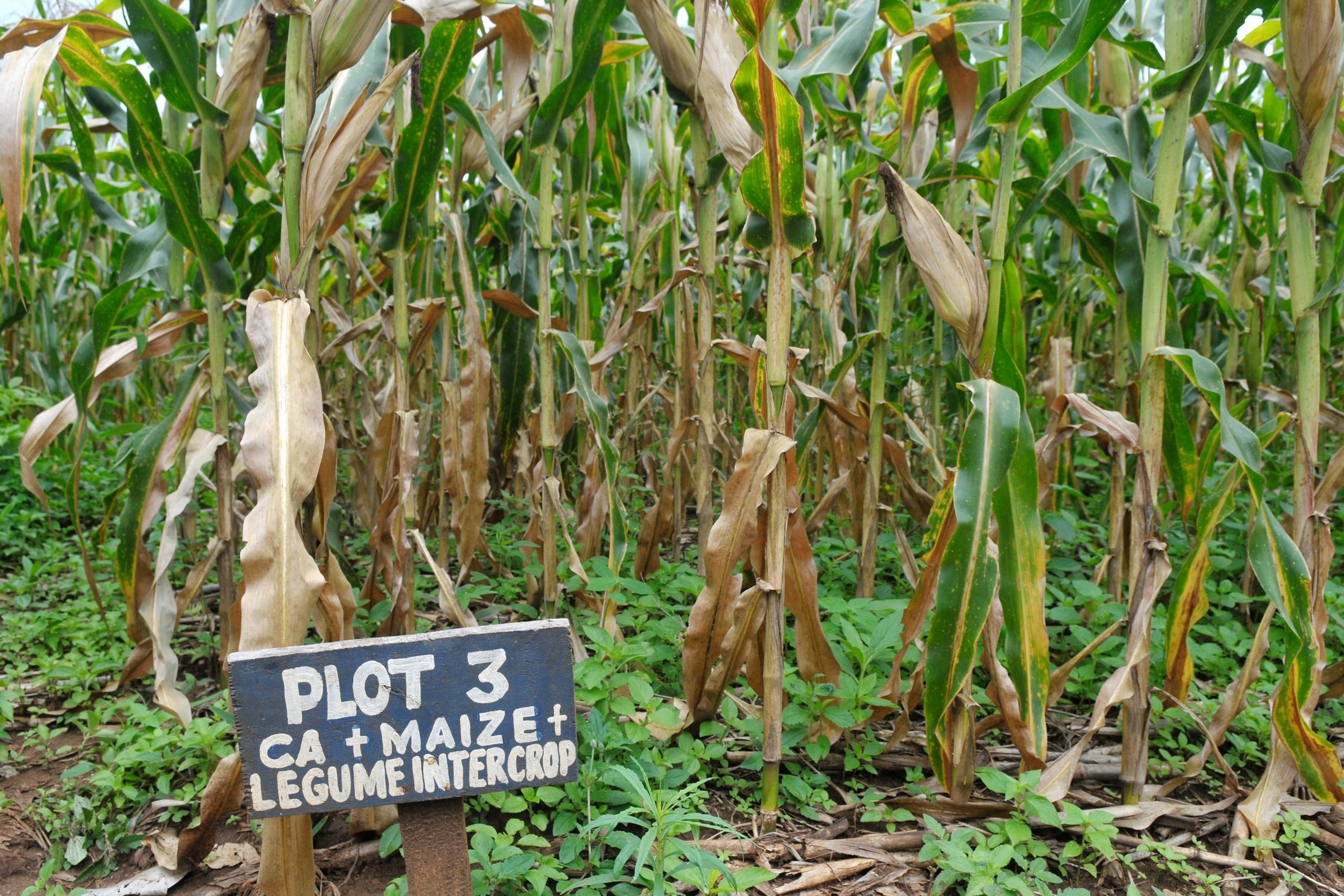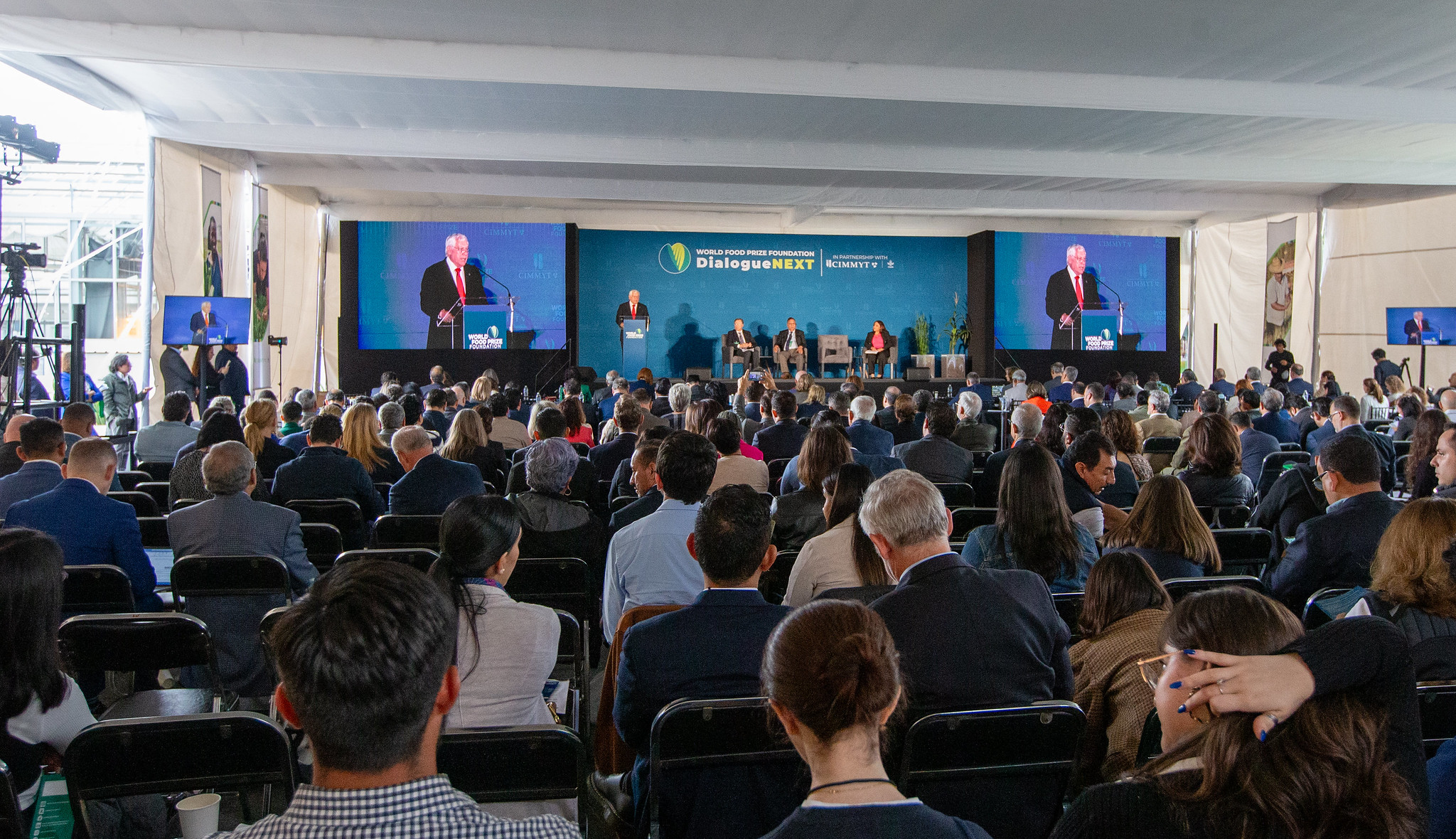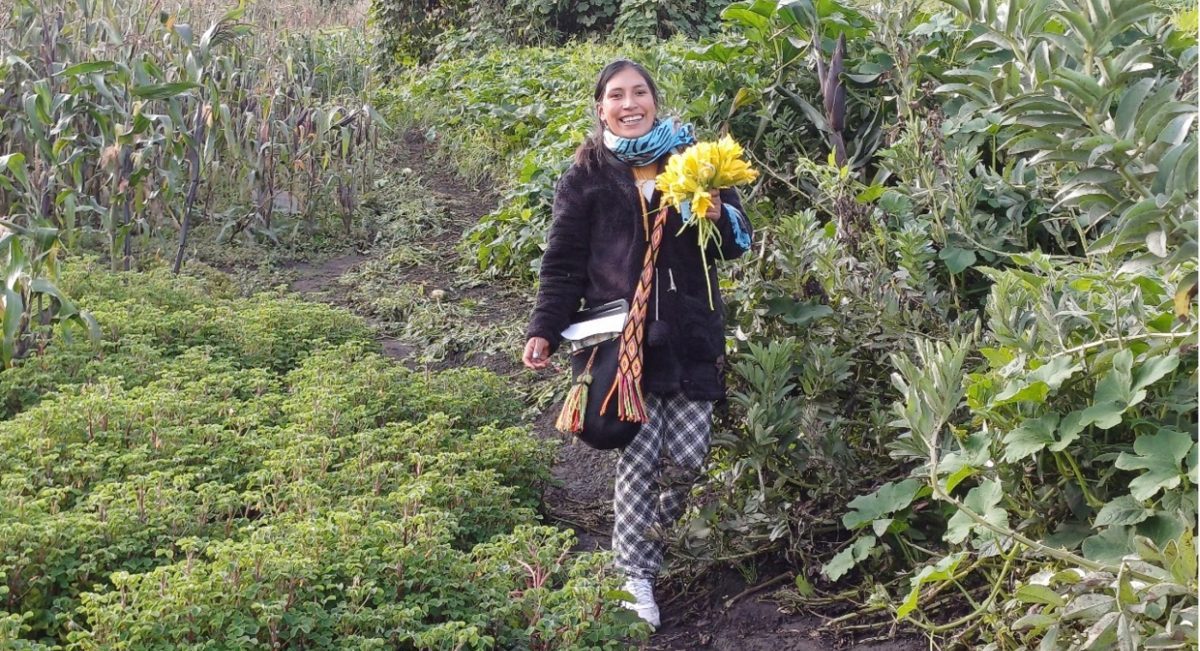gender and social inclusion
From Struggle to Strength: A Young Farmer’s Journey Toward Sustainable Prosperity
 Climate adaptation and mitigation
Climate adaptation and mitigation
When young minds meet the right tools, they don’t just grow crops—they cultivate a new future for their communities
Sonia Jannat: defying odds, reaping success as a combine harvester MSP
 Gender equality, youth and social inclusion
Gender equality, youth and social inclusion
Sonia Jannat is transforming farming in Bangladesh with innovation, grit, and a drive to empower others
Maureen Miruka Kemunto
 Gender equality, youth and social inclusion
Gender equality, youth and social inclusion
The Guardians of Diversity: The Work of Carolina Sansaloni
 Gender equality, youth and social inclusion
Gender equality, youth and social inclusion
Carolina Sansaloni, Curator of the Wheat Collection at CIMMYT, champions women’s role in science and safeguards wheat and maize diversity for global food security
Advancing gender and social inclusion in agroecology: Insights from the CGIAR Agroecology Initiative in Zimbabwe
 Gender equality, youth and social inclusion
Gender equality, youth and social inclusion
The CGIAR Agroecology Initiative empowers women and youth in Zimbabwe by embedding gender and social inclusion into sustainable farming
Scientific careers that are transforming the future of food for humanity
 Gender equality, youth and social inclusion
Gender equality, youth and social inclusion
Women’s participation in science remains low, yet their inclusion is critical to developing innovative solutions in critical areas such as food security. The story of María Luisa Cabrera Soto shows how perseverance can open doors and change the future of agriculture and nutrition
Atubandike: Breaking down gender barriers in Zambia’s agricultural advisory services
 Gender equality, youth and social inclusion
Gender equality, youth and social inclusion
How Atubandike is breaking barriers in Zambia’s agricultural advisory services by equipping women as digital champions and fostering gender equity through community-driven solutions that challenge entrenched stereotypes
How Atubandike dialogues are redefining gender and youth inclusion in Zambian agriculture
 Gender equality, youth and social inclusion
Gender equality, youth and social inclusion
CIMMYT’s Atubandike initiative empowers women and youth in Zambia, promoting inclusivity and resilience in agriculture through dialogue and capacity building.
Sustainable Agri-Food Colombia: a boost for resilient agriculture
 Climate adaptation and mitigation
Climate adaptation and mitigation
A major project to transform agri-food systems is underway in Colombia; the participation of CGIAR research centers, such as CIMMYT and the Colombian Bioversity-CIAT Alliance is essential to the project’s goals
Breaking barriers in Mshewe: How Zinduka Women are Transforming Agriculture and Empowering Communities
 Gender equality, youth and social inclusion
Gender equality, youth and social inclusion
With USAID and CIMMYT’s AID-I project, women in rural Tanzania are overcoming adversity, pioneering seed production, and redefining gender roles
CIMMYT Expands Climate-Smart Interventions in Southern Africa
 Climate adaptation and mitigation
Climate adaptation and mitigation
CIMMYT is leading efforts in Southern Africa to empower farmers with climate-smart agriculture, resilient seed systems, and early-warning tools, ensuring food security and sustainability amidst unprecedented drought conditions
Enhancing the resilience of our farmers and our food systems: global collaboration at DialogueNEXT
 Capacity development
Capacity development
CIMMYT and the World Food Prize Foundation co-organized DialogueNEXT—Seeds of strength: Nurturing farmer resilience, held at CIMMYT headquarters in Mexico from 10 to 11 July 2024. The event brought together scientists, agribusiness leaders, farmers, and policymakers from over 200 organizations and 55 nations, to help shape global collaboration and strategies for sustainably producing nutritious food for all, within planetary boundaries.
Children, native maize, and gender perspectives
 Gender equality, youth and social inclusion
Gender equality, youth and social inclusion
In Colombia, sustainable agriculture specialists are developing participatory diagnostics that will pave the way for agricultural biodiversity conservation. Inclusive workshops for children providing childcare during workshops and training events have helped empower women by increasing their ability to participate.
Transforming agricultural systems in Mozambique
 Gender equality, youth and social inclusion
Gender equality, youth and social inclusion
The Transformative Dryland Crops Project hopes for greater food security and increased income in northern Mozambique.
